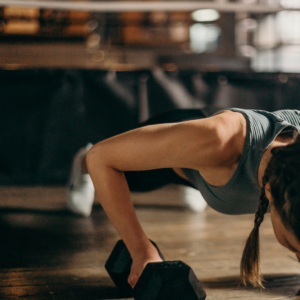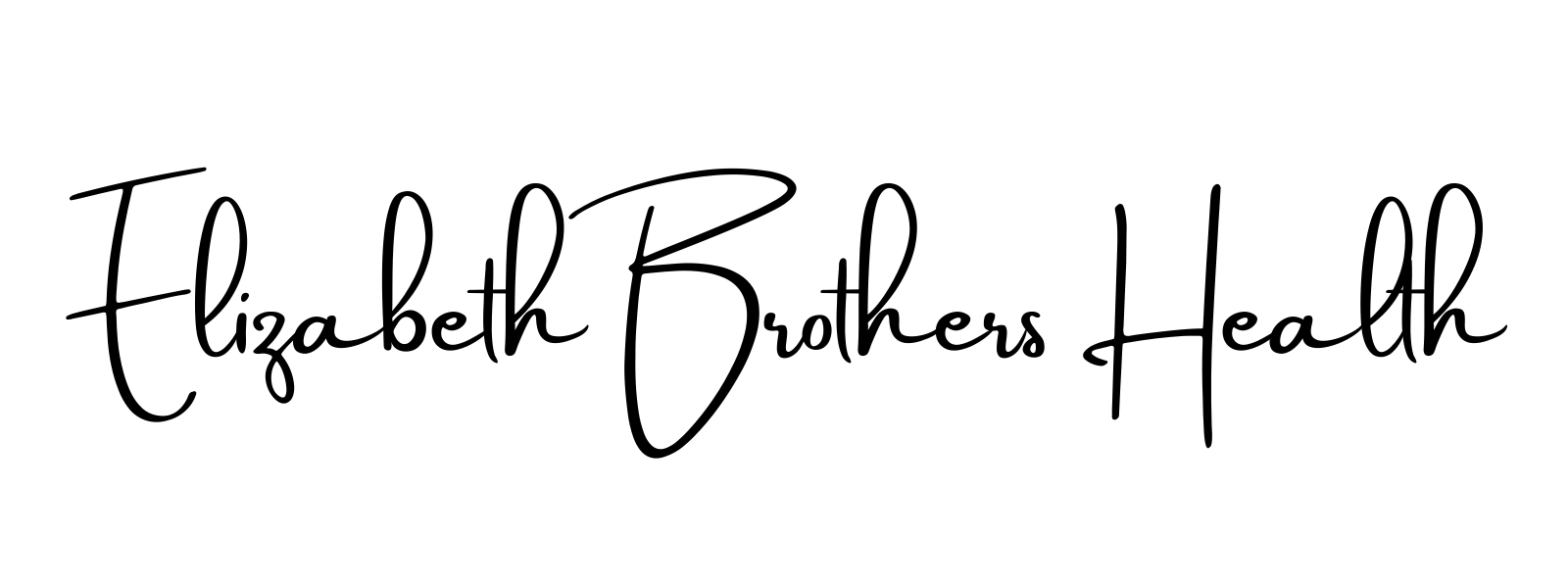Let’s talk about one of those things that are so intricately connected it’s hard to separate them, but at the same time we don’t always think about them as related.
Exercise and sleep.
If you’re not sleeping well, exercise is probably the last thing you want to do. Exercise requires motivation, it requires energy, it requires time – three things you often don’t have when you’re struggling with sleep.
But sleep and exercise are a bit of a catch-22. If you’re not sleeping well, it’s likely that you won’t be exercising. But in order to sleep well, you need to exercise regularly.

Why Exercise?
Exercise plays two key roles in relation to sleep, that are a bit paradoxical.
- Exercise increases cortisol levels.
- Exercise also lowers cortisol levels.
The spike in cortisol with respect to exercise is incredibly helpful first thing in the morning. We are meant to have a cortisol spike in the morning, and if you time your exercise to coincide with that, it will greatly improve your circadian rhythm. So, morning exercise will help you sleep better at night.
Cortisol is one of the stress hormones that rises in response to acute and chronic stress. And there are several ways to lower cortisol – usually you’ll need to incorporate more than one to really get that cortisol down to a reasonable level. We’re just bathed in stress these days. But exercise is a really important one of those.
So exercise will both improve and increase your stress hormones, but if you time it properly, both of those things will actually help you sleep better.
What Kind Of Exercise Should I Do?
So what kind of exercise do you do? There are a few types, and they’re important in different ways.
- Cardiovascular exercise – anything that increases your heart rate (HR) is considered cardio exercise. The most common exercises people consider here are walking, running, swimming, hiking, skiing, playing sports, etc. The purpose of cardio is to increase your HR. For some people, that will mean that a light walk will increase their HR. For other people, a really hard run will be what they need to increase their HR.
Increasing your HR is a major goal of exercise. - Strength training – this is the type of exercise that focuses on muscle building. You can do strength training with your body weight (e.g. pushups, squats), or by adding weights
Strength training has a lot of benefits. It helps build muscles, which will increase your baseline metabolism. Strength training is a really important part of fat burning and metabolism.
Strength training also helps to prevent osteoporosis. If you have a family history of osteoporosis, you should absolutely be focusing on strength training.
The other thing you should know about strength training is that we lose about 3.5% of our muscle mass every decade, starting around age 40 (very give/take). This means that our baseline caloric intake will fall each year, due to the fact that we have less muscle mass. Focusing on strength training, especially as you pass your 30’s and get into your 40s is going to help keep your muscles strong, doing what they should be doing, and using the fuel they need to use. - It’s possible to combine the two of these with exercises that increase your heart rate while doing strength training, which kind of hits both categories. High intensity interval (HIIT) training can be a good example of this (depending on the exercise). The premise of HIIT is that you perform the exercise with as much effort as you can. With a good HIIT workout, your HR will be up, and you’re breathing rate will have increased.
How Often Should I Exercise?
The “recommended exercise times are” 150 minutes of moderate aerobic activity (so increasing your heart rate and breathing rate), or 75 minutes of vigorous activity each week. So for most of us, that breaks down to doing something that increases your heart rate for about 30 minutes, 5 days a week.
Is It Possible To Exercise Too Much?
Definitely. Remember how I mentioned above that exercise can spike your cortisol levels? Well, too much exercise can be very stressful on your body, and really put your stress hormones into overdrive. Also, the more you exercise the more likely you are to injure yourself. Rest is a really important part of a smart exercise routine, and listening to your body is important as well.
One way to tell if exercise is beneficial to you is that if after a workout you feel tired and drained, that was not the type of exercise your body needed. If the exercise helps invigorate you, you feel amazing and energized, that was likely a really great exercise for you. For women – we tend to need slower, more restorative exercise (like yoga, stretching, walking, etc.) later into our menstrual cycles (so closer when you’re going to get your period/when you have your period).
Even though it may be hard to exercise when you’re exhausted, even doing something low (impact) and slow (moving) will be extremely beneficial! If you can squeeze in a 10 minute HIIT workout in the morning, or a 20 minute walk anytime during the day, not only will your energy likely increase after you workout, your sleep will be better that night.
